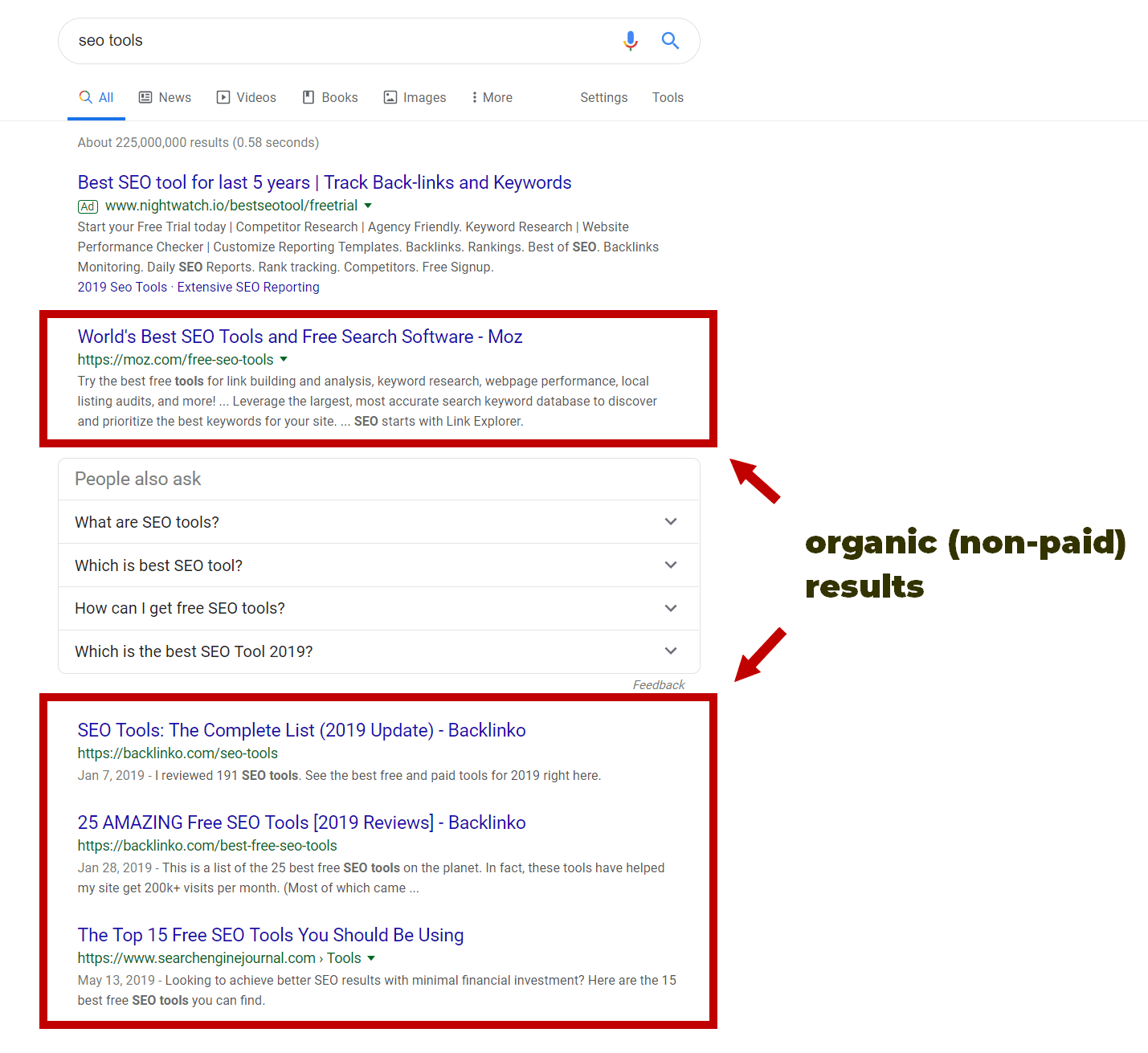
I use this character only to inform the start and finish parameters.Ī good example is the UTM parameters used by Google: I believe that if there were any problems they wouldn't use. The & character is also used in Google Analytics parameters. Now, does the "&" get identified by search engines on a URL level as "and" and does this cause any issues with crawling or indexation or would it be best to look at another solution? Now we looking at & to say OK, when a user lands on /accommodation and they selects De Kelders (which is a destination in our area) the page will be /accommodation/de-kelders on this page they can define their search further to say they are looking for 5 star accommodation and it should be close to the beach, this is where the routing needs some guidance and we looking to have it as follow: /accommodation/de-kelders/5-star&close-to-the-beach. I already have -'s and /'s in the URLs (which is for my SEO structuring) so these syntax can't be used for identifying filters the user clicks or uses to define their search as it will create a complete mess in the system. Reason for this is that we looking to move onto an ASP.Net MVC framework (any suggestions for a different framework are welcome, we still just planning out future development) and in order to make use of the filter options we have on our site we need a parameter to indicate the difference on a routing level (routing sends to controller, controller sends to model, model sends to controller and controller sends to view < this is pattern of a request that comes in on the framework we will be using).


I would like to know how crawlers see the ampersand (& or &) in your URLs and if Google frown upon this or not? As far as I know they purely recognise this as "and" is this correct and is there any best practice for implementing this, as I know a lot of people complained before about & in links and that it is better to use it as &, but this is not on links, this is on URLs.


 0 kommentar(er)
0 kommentar(er)
